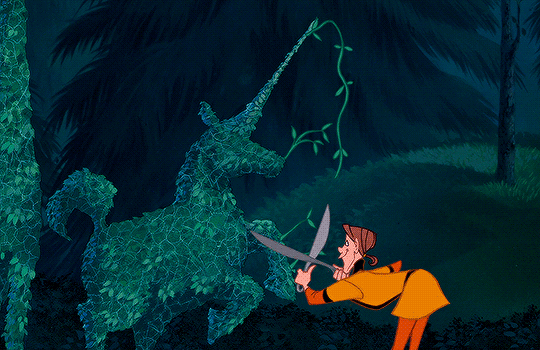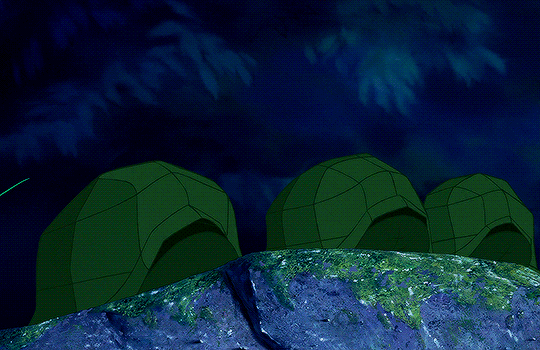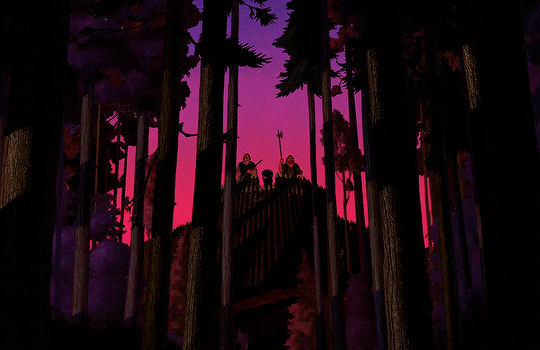Gentleman and Pocahontas's husband.
Last active 60 minutes ago
Don't wanna be here? Send us removal request.
Text








Disney Renaissance Films: Pocahontas (1995)
33 notes
·
View notes
Text






POCAHONTAS (1995)
dir. mike gabriel and eric goldberg
195 notes
·
View notes
Photo








favorite animation films ♡ pocahontas [1/?]
but if you walk the footsteps of a stranger, you’ll learn things you never knew, you never knew.
378 notes
·
View notes
Photo








Favourite Disney Princesses as voted by my Followers: 9 Pocahontas
856 notes
·
View notes
Text












Disney Renaissance Films: Pocahontas (1995)
432 notes
·
View notes
Text







You think you own whatever land you land on, the Earth is just a dead thing you can claim. But I know every rock and tree and creature has a life, has a spirit, has a name.
Pocahontas (1995)
870 notes
·
View notes
Text








He wants me to be steady, like the river. But it's not steady at all!
POCAHONTAS (1995) dir. Mike Gabriel, Eric Goldberg
2K notes
·
View notes
Text


POCAHONTAS 2: Journey to a New World (1998)
382 notes
·
View notes
Text

Happy Valentine's Day!
Follow me on:
deviantART [♥] twitter [♥] Instagram [♥]
Please,re-blog don’t re-post my works! ♥
60 notes
·
View notes
Text







POCAHONTAS (1995) dir. Mike Gabriel, Eric Goldberg
564 notes
·
View notes




































